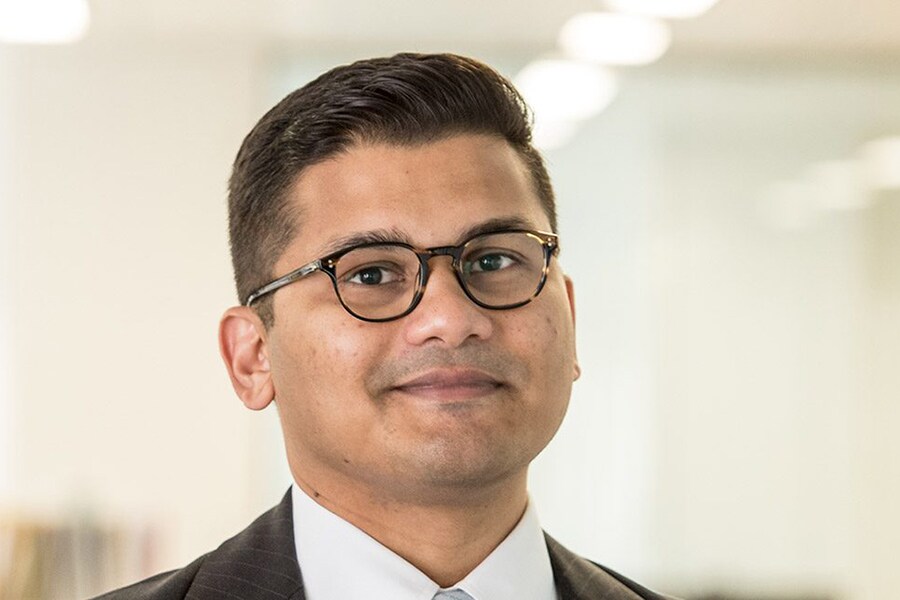
Arkam had sharp focus and patient approach in evaluating 'Build for India' segment
Chirantan Patnaik, director, venture capital at British International Investment (BII), a limited partner with Arkam Ventures, talks about the organisation's VC programme, and opportunities in India
 Chirantan Patnaik, Director, venture capital at British International Investment
Chirantan Patnaik, Director, venture capital at British International Investment
As VC firm Arkam Ventures announces its second fund today focused on backing “middle India”, which is entrepreneurs beyond metros solving problems for half-a-billion people in Bharat, Chirantan Patnaik of BII speaks about why they decided to work with Arkam and the opportunities he sees in India’s startup ecosystem. Edited excerpts:
Q. While BII has been investing in India for a long time, give us a very brief history BII’s first engagement with the VC industry in India
BII is the UK’s development finance institution and impact investor. It invests $1.5 billion to $2 billion a year across all its markets to help create productive, sustainable and inclusive economies.
In addition to equity, we’ve been able to bring in blended finance facilities another innovative capital solutions to further the company’s impact ambitions.
We started our VC programme in India around 2008, and decided early on to take a portfolio approach to these relationships, the first being an AI-focused fund called pi Ventures I. Soon after we partnered with firms such as Omnivore, Ankur, Stellaris, Chiratae, Pravega and recently with 3one4, Blume and India Quotient.








